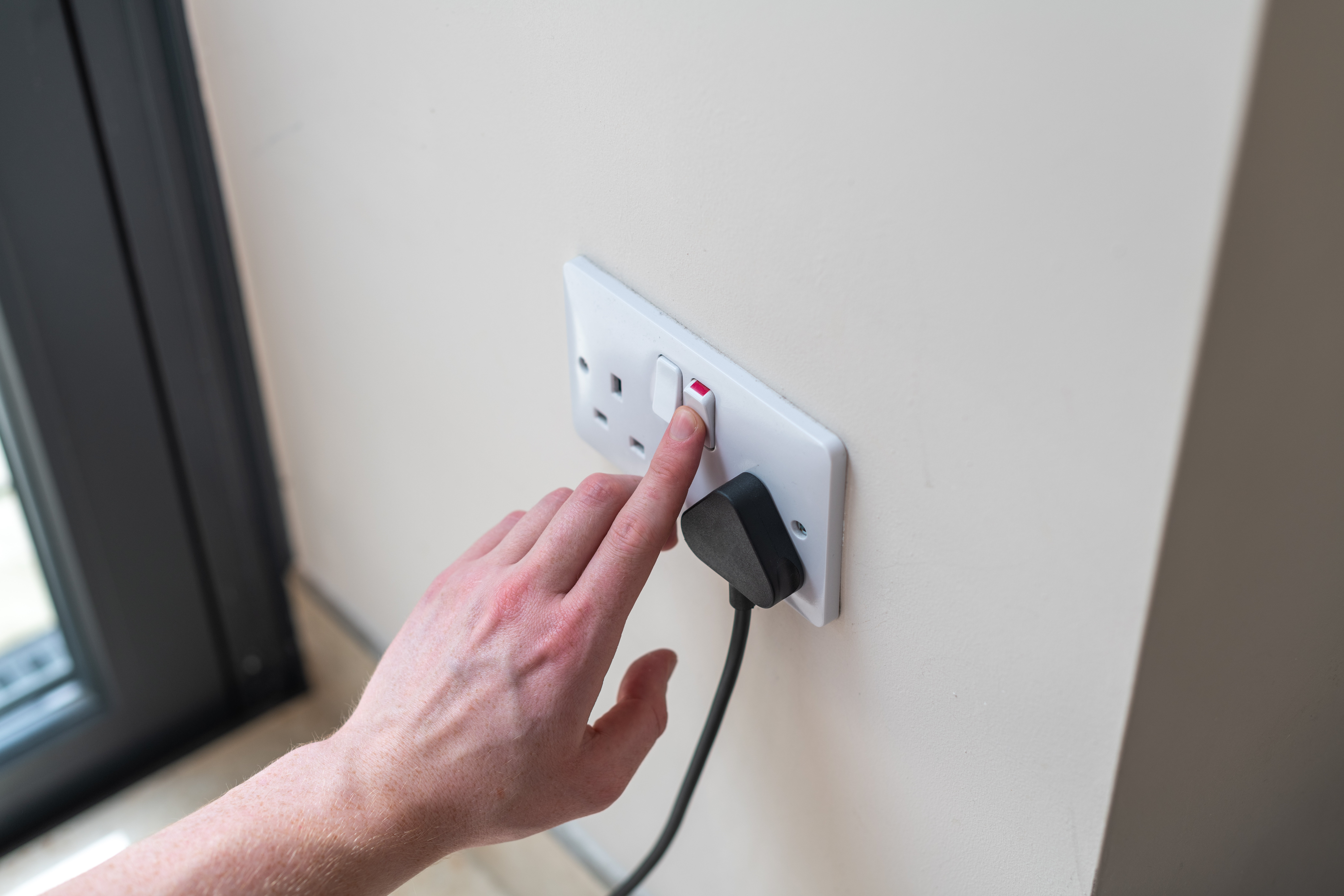Since April 2022, the price of energy increased by 54 percent, which had a big impact on households across the UK. Read this article by Ian Cook to learn about small changes that can help you use less energy and manage the rising prices.
You will likely have been affected by the big rise in the cost of energy, which continues to affect households across the UK. Since April 1, 2022, something called the “Default Tariff Cap” was raised by 54%. This meant that the price you pay for energy increased substantially and unfortunately, you may have seen an increase in your household energy bills.
The average UK household now spends around £2,645 a year on energy, due to a rise in the cap. However, it’s important to remember that the price cap does not limit the total cost of your energy bills – it limits the rate that you pay per unit of energy. Your total energy bills will vary depending on how much energy you use.
With that in mind, you may be thinking: “How can I make these huge energy costs as bearable as possible?” The answer is to use less energy – which might sound simple but can also feel quite challenging. Thankfully, there are lots of small ways in which we can all reduce the amount of energy we use. Here are some tips to help you cut down on your energy consumption where possible.
Top tips for reducing your energy consumption
1. Turn off standby appliances
Whenever you leave an appliance on standby (rather than switching it off at the plug), it continues to drain energy. Whether it’s charging your mobile phone overnight or leaving the TV on at the switch, there are lots of everyday things that can waste energy without you even realizing it.
According to the Energy Saving Trust, between 9-16% of the electricity consumed in homes is used to power appliances that are in standby mode. That’s a huge amount of energy being used that doesn’t really bring you any benefit. If you don’t already, try to make a habit of switching things off at the plug – it can really make a difference over time.
2. Turn down your thermostat
We all know that heating plays a big part in our energy consumption, which is why a small change can make a significant difference. Energy experts at uSwitch have said that turning down your thermostat by just one degree could save you £80 each year on your bills.
If you are using an electric heater and don’t have a thermostat, you can save energy by putting the heater on a timer if possible. Radiator valves can also help you manage your energy usage and can help you heat your home more efficiently.
3. Wash clothes at a lower temperature
According to the Energy Saving Trust, washing clothes at 30 degrees uses around 40% less electricity over the course of a year, compared to washing at higher temperatures. Modern washing powders and detergents work just as well at lower temperatures, so unless you need to get heavy-duty stains out, you won’t notice a difference. You may still need to do the occasional hot water wash when needed, but by making 30 degrees your default setting, you’re likely to lower your energy use over time.
It’s also worth noting that fewer weekly washes will use less energy, so if you can, try to wait until you have a full load before putting on a wash.
4. Be smarter about water
Along with heating, hot water is one of the biggest uses of household energy. You can save around £25 a year by washing up in a bowl of warm water, rather than using a running tap. It might not feel like a big saving over the whole year, but small changes like this can add up.
It’s also said that buying a more efficient and well-directed shower head can also save you as much as £18 per person a year on energy bills, plus an additional saving if you have a water meter. Things like this do have an upfront cost, though, so if you don’t want to make this expense, try some of the other cost-free tips mentioned above.
5. Choosing your new appliances
If you need to buy a new appliance (like a washing machine or fridge), check how much power it uses and if possible, opt for one that uses less. You can do this by looking out for its energy label. Appliances are rated on a scale of A to G, with A being the most efficient and G being the least efficient. An A+++ washing machine will typically use £65 less energy than an A+ one over an 11-year lifespan.
And energy efficiency isn’t just about big appliances. Even small things like opting for an LED bulb rather than a standard lightbulb will make a big difference over time. Small kitchen appliances such as air fryers also use less energy than ovens and could help you save money.
6. Monitor, monitor, monitor your usage
Keeping a watchful eye on your consumption levels can help you decide if and when you have to change the way you use energy. To give one simple example: if you have radiator valves, use them to limit your heating use in the rooms that you may not occupy as much, such as the hallway.
If you have a smart meter, this can make monitoring your energy use even easier, so make sure you check it regularly. If you don’t have a smart meter, you might want to consider getting one, if you feel it will help you keep an eye on your energy usage.
Something to keep in mind…
Although these tips might not offset the energy price hike, they will help sweeten the pill a bit. And something to remember, you might be eligible for some grants or discounts that could help with your energy bills – Citizens Advice has a useful list of resources with information to see if you’re eligible. This includes things like the Warm Home Discount, Cold Weather Payments or Winter Fuel Payments.
Also, be sure to follow these energy-saving tips throughout the whole year rather than just in the colder months when your energy usage is higher. Longer days and higher temperatures in the warmer months will help, but make sure to still make smart energy choices during this time to benefit all year round.
Related articles
What makes a car more economical?
RADAR Keys explained: What are they, where can I use them and how do I get one?
Money-saving tips and discounts: advice from a Scheme customer
![]()










